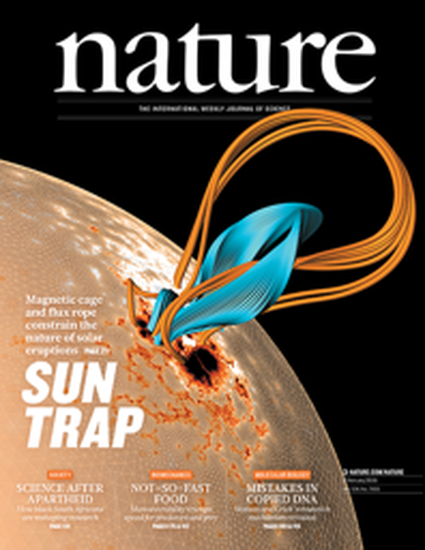
Article
Quest for publication metrics undermines regional research
Nature
(2018)
Abstract
Incentives for publishing in international journals could be preventing ecologists in low-income countries from conducting the research needed to protect and restore their local environments. Few scientists are willing to do time-consuming taxonomic surveys, for example, because these will not generate highly cited publications. Yet effective management is impossible without such local ecological insight.
Although reward structures for research vary substantially between and within countries, they are often based on scientists’ publication and citation counts in internationally recognized journals. In Mexico, for instance, this encourages research that appeals to reviewers and editors in distant countries, fosters publication in journals that are financially and linguistically inaccessible, and may not be relevant to local problems (M. W. Neff Sci. Public Policy http://doi.org/cjz2; 2017). Journals that are regionally relevant and in languages other than English suffer because top scientists eschew them, leaving university students, resource managers and policymakers with fewer resources.
Mexico’s national research policies provide clear examples of distorting incentives, but the problem is close to universal: what is countable is not always what we should be counting. Scientists and publishers need to exert their power to change these systems.
Keywords
- Journal publishing,
- Developing world,
- Environmental sciences
Disciplines
Publication Date
February 7, 2018
DOI
10.1038/d41586-018-01675-1
Citation Information
Neff, Mark W. (2018) Quest for publication metrics undermines regional research. Nature 554, 169.https://doi.org/10.1038/d41586-018-01675-1
